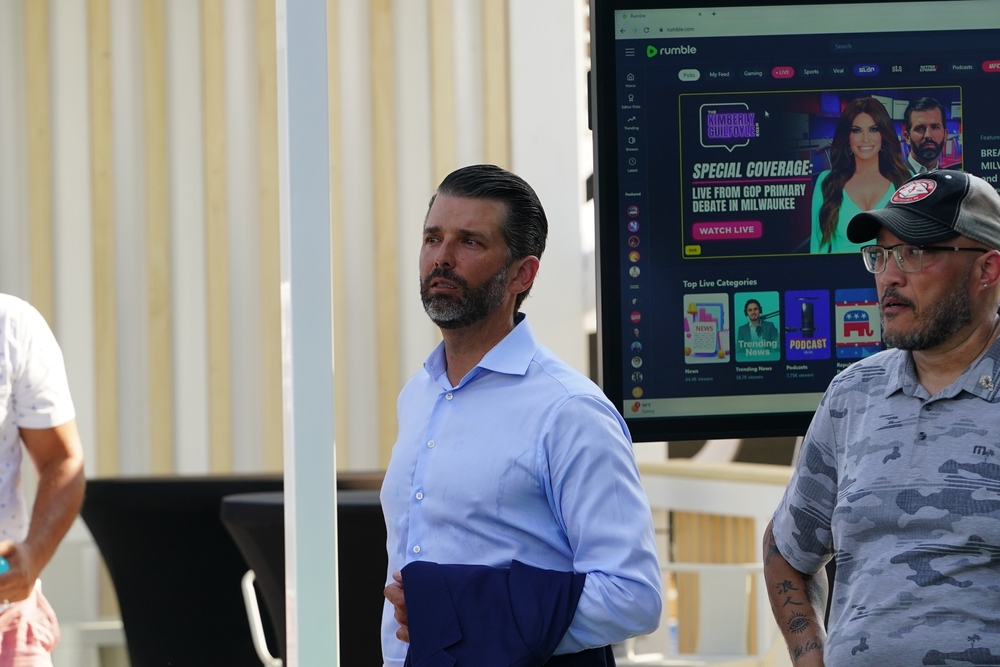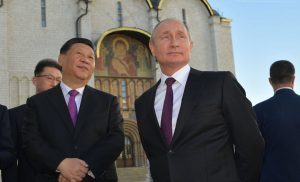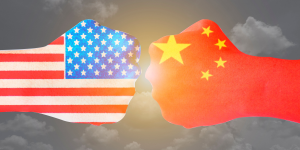He is not scheduled to meet with Greenlandic officials or leaders during his stay.
Others are reading now
Greenland, a territory known for its vast Arctic beauty and strategic significance, often finds itself at the crossroads of global politics.
From its pristine landscapes to its untapped mineral wealth, the autonomous territory under Denmark’s sovereignty has captured attention for more than just its natural wonders.
In a surprising development, Donald Trump Jr., the eldest son of U.S. President-elect Donald Trump, is set to visit Greenland.
Also read
No Official Meetings
The Danish Ministry of Foreign Affairs has confirmed the trip, emphasizing that it is not an official American visit but a private one, according to Digi24.
The timing of this visit has drawn attention, particularly in light of recent comments by Donald Trump suggesting that Greenland is strategically essential for U.S. national security.
The trip occurs against a backdrop of Greenland’s increasing calls for self-determination.
Prime Minister Mute Egede has repeatedly emphasized the need for Greenland to establish its own economic and political path, independent of Denmark.
In his recent New Year’s address, Egede expressed his ambition for Greenland to broaden its trade partnerships and gain greater control over its future.
Despite the political context, Donald Trump Jr.’s visit is expected to steer clear of such issues.
Sources suggest that the trip, reportedly lasting just one day, is focused on creating content for a podcast rather than engaging in political discussions.
He is not scheduled to meet with Greenlandic officials or leaders during his stay.
Greenland has consistently rebuffed the notion of being sold, a position reiterated in 2019 after Donald Trump’s similar remarks sparked global controversy.
The territory’s abundant natural resources — ranging from oil and gas to rare minerals — have long made it a point of interest for international powers.
However, its development remains constrained, with the local economy still heavily reliant on fishing and Danish subsidies.








